Graham Reid | | 1 min read
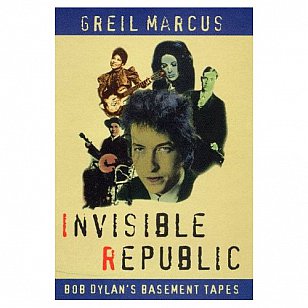
When Bob Dylan skidded off his
motorcycle in upstate New York in mid-1966, it allowed him an
extraordinary career hiatus.
Before his accident - which some Dylan
bores still insist never happened - he’d been a Woody Guthrie
wannabe, a folk troubadour and protest singer. Then, by plugging in
an electric guitar and touring with a group which would later become
the Band, he turned his back on folk to explore, and some would say
invent, a literate, albeit wordy form of American rock’n’roll.
As the braying of the alienated folk
crowd grew to a din (“Judas!”) and the rock world headed off into
psychedelic drugs and “Look at the colours, man”, Dylan withdrew
from the public eye.
In that time - the stuff of rock legend
- he holed up in the basement of a house in Woodstock and there, with
the nascent Band, recorded dozens of songs, some of which eventually
appeared as The Basement Tapes double album in 1975, an extraordinary
collection of oddly mythic songs full of lyrical jigsaw puzzles.
From this pivotal point in popular
culture, rock academic Greil Marcus - better known for his much
acclaimed but little read Mystery Train (about Elvis) and Lipstick
Traces (a tedious, sententious book purportedly about punk) - takes a
journey through imaginary Americas and sociological masks.
Invisible Republic is typical Marcus;
it is finely crafted and literate, is a deep trawl through various
myths and histories of America, and early on parts company with
Dylan’s basement tapes.
Within the songs - and Marcus has the
drop on us here, he is using a five-CD bootleg collection of the
music recorded - he finds fascinating antecedents in the recently
reissued 1952 Anthology of American Folk Music compiled by Harry
Smith.
For Dylanologists, this is where Marcus
is at his best. But context is all and here too is a journey through
Puritanism and Shaker culture, unique forms of American dissent and
philistinism, and folk and literary traditions.
It can be fascinating, but it can
equally be tediously tangential and you sometimes suspect Marcus,
academic that he is, could write something with as much digressive
emotional resonance if he was using a Steve Forbert album as his
catalyst.
A friend once asked rhetorically, “Has
anyone ever finished a Marcus book?” ‘
Well, yes.
But for a 250-page paperback, this one
took a while.

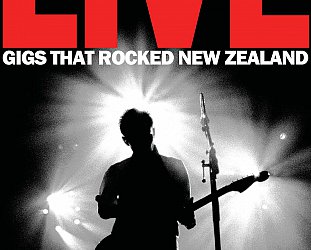
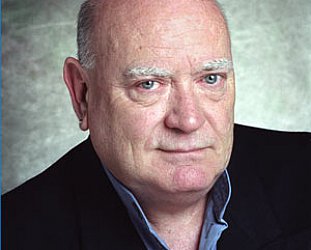
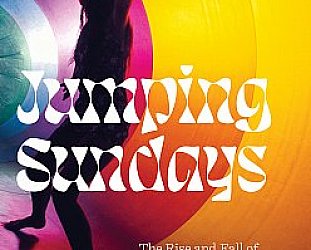
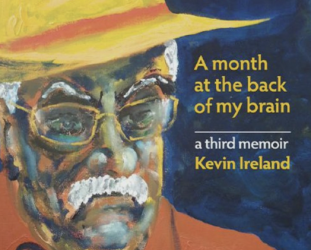
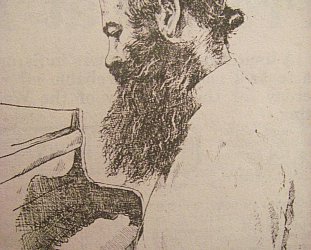

post a comment